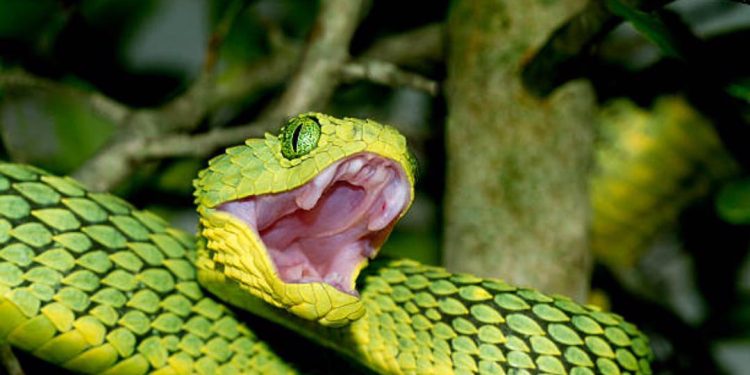There is nothing in diesel that makes it an efficient snake-repellent unless a snake is swimming in it, ingesting it, inhaling it, or absorbing it in any way. It’s one of those falsehoods that has persisted across time and likely will do so in the future.
The explanation is straightforward: There is no proof that diesel repels snakes or has ever done so. There is no proof that a snake would be harmed by ingesting, breathing, or otherwise absorbing it.
It makes sense that people would desire a snake repellent that works, especially if snakes start to bother you, pose a threat to your safety, or get into your garden. However, even if diesel were effective, the resulting mess and environmental risk are simply not worth the trouble.
Known Snake Repellents that Work.
Fortunately, getting rid of snakes doesn’t need you to grab a can of diesel. There are numerous options that are both efficient and don’t call for emptying the container of diesel fuel. The majority of these precautions are natural, but there are also some physical ones, including picking the right plants.
1. Plants
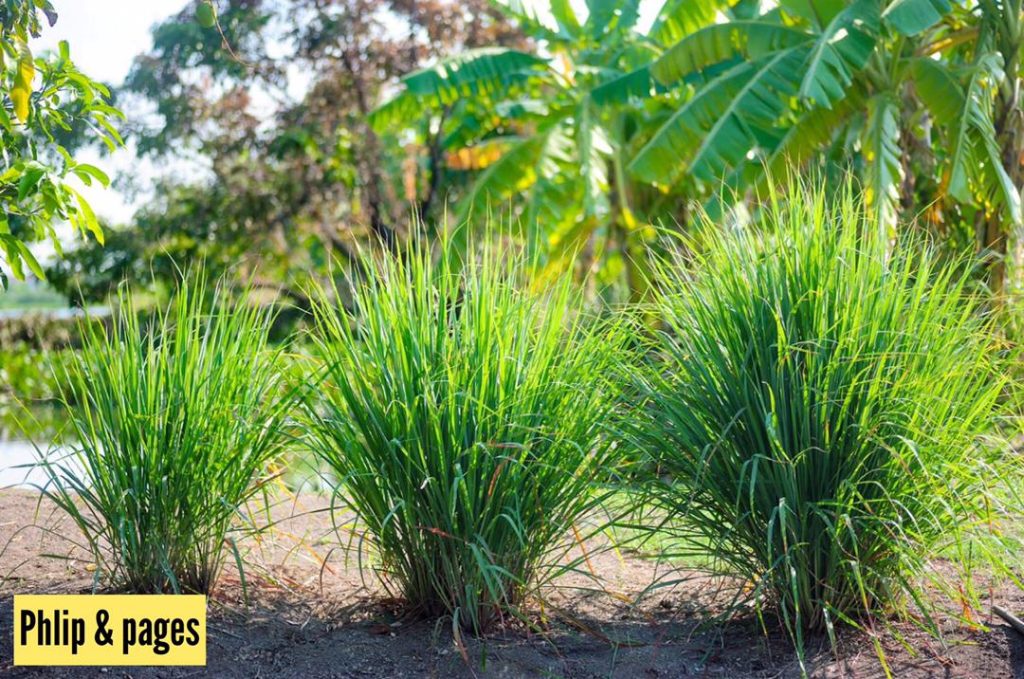
There are several different plants that naturally deter snakes. Whether you are growing flowers or fruits and veggies in your yard, having some of these plants nearby is really advantageous. Some of these plants not only deter snakes, but some of them also naturally ward against insects.
Lemongrass: Best cultivated in temperature zones 9 through 11, lemongrass emits a citrus scent that is powerfully repulsive to snakes.
Garlic: Provides the best of both worlds because it can be cultivated at home and because snakes are repulsed by the scent that its sulfonic acid produces.
Marigolds: Snakes detest the smell that the marigold plant’s roots produce, and they will avoid it at all costs.
Allium: Similar to garlic, allium generates sulfonic acid, which has an overpowering stench that is repulsive.
Mother-in-Law’s Tongue: It’s ironic that this plant is also called the “snake plant” because snakes are disturbed and startled by its beauty.
Snakes are repelled by the wormwood plant’s powerful, astringent odor.
Holly: Holly is not only aesthetically attractive by nature, but it also makes the ground that snakes detest slithering through.
Basil: Basil is a great spice for cooking, and the aroma will scare off a snake.
Snakeroot: Using the compounds reserpine and tremetol, snakeroot is another efficient snake repellent that is paradoxically connected with the same word.
Yellow alder: This plant’s effectiveness at deterring snakes is largely unjustified.
Pink agapanthus : has a strong, repulsive scent in addition to being a lovely bloom to add to your yard.
There are a few options from each of these plants available to you regardless of where you live—north, west, south, or east. Some of the most heat-loving plants might have to spend the winter indoors. However, as snakes are unquestionably not winter creatures, that works out well.
2. Cedarwood
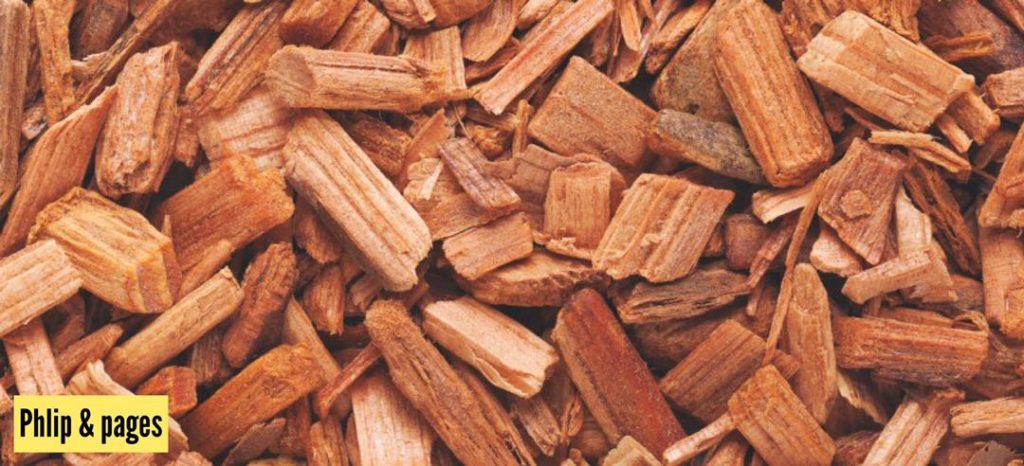
One of the easiest, most cost-effective, and naturally efficient snake repellents available is this one.
The strong perfume is not repulsive to humans, so you may use it in your garden or simply sprinkle it on the lawn. Snakes are a very different matter. They will naturally steer clear of cedar since they detest it.
Even better, buy sacks of cedar sawdust and scatter it where it will last the longest. Use a spreader to move the sawdust around the home to cover additional ground.
3. Ammonia
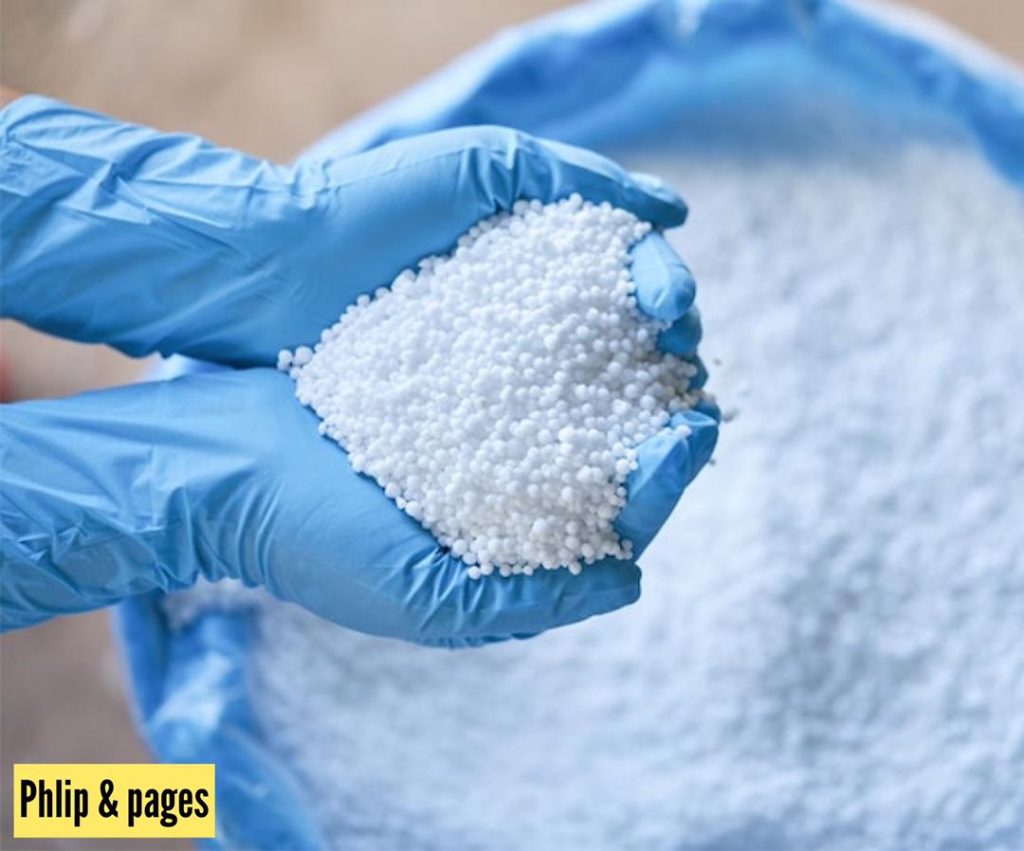
The only ammonia that you can quickly and simply use is the sort that can be sprayed. Ammonia content in Windex is high enough to make it worthwhile to use. Remember that these are common household chemicals and should not be sprayed on plants, trees, or other vegetation. It’s not just bad for the environment, but it’s also bad for the plants.
Spraying ammonia onto the edge of porches, decks, fencing, or other artificial constructions that aren’t living creatures is the ideal method to use it. Aside from that, the repetitive and repeated use of ammonia sprays is their main disadvantage.
It should be done again every few days because the ammonia odor will linger for a few days. In the event of rain, you must reapply once the rain stops.
4. Ultrasonic Devices
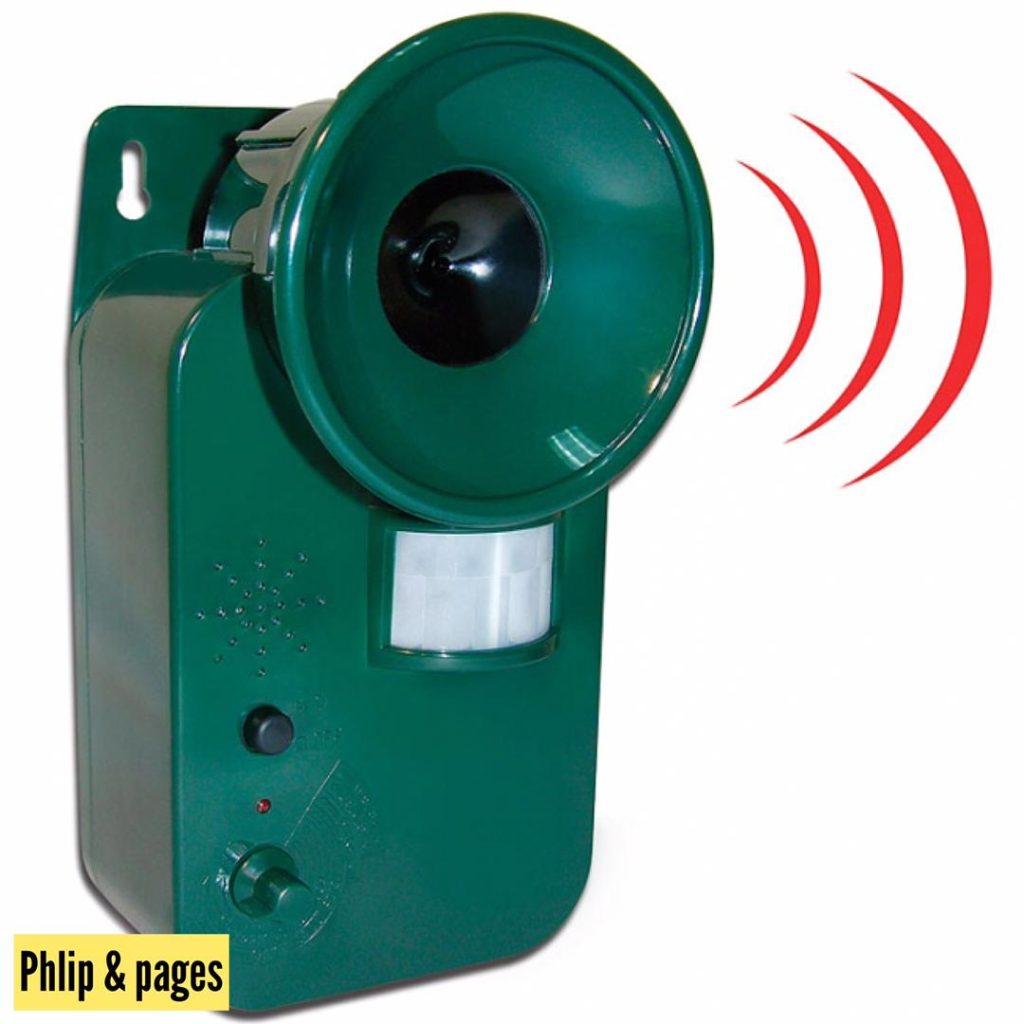
When it comes to reliable snake repellents, this one is a relative newcomer. These gadgets are widely available, and many of them blend in with your garden without detracting from the aesthetic value of your plants and yard.
LOV Ultrasonic Animal Repellent: Stakes you may bury around your house that are powered by solar panels. Animal movement is detected by motion sensors, which then turn on the sound.
Ultrasonic pest deterrent from BRISON: Plugs into an outlet. Very reasonably priced and practical for plugging into your outdoor outlets.
Solar Mole Repellent 10-Pack: These products, which are marketed as mole repellents, are also very good snake deterrents.
These gadgets are inexpensive, available in bulk purchases, and simple to use.
5. Using Natural Animal Defense

We’re not talking about your beloved pet dog or indoor cat, and we don’t recommend getting a ferret as a pet. Pets are great and can be as close to a family member as their human owners. We don’t want to put them in danger. You can, however, encourage snakes’ natural predators to congregate in your area by doing this. Set up sizable birdhouses and bat habitations. The goal is to pique the curiosity of birds and bats that can naturally consume snakes as prey. Both owls and bats are great for this.
Both owls and bats are great for this. Compared to a hawk or an eagle, both are simpler to attract and house in your yard. Make your yard and the area around it as natural-looking as you can, with lots of plants and very large birdhouses for an owl to nest in, if you want to draw owls and bats. Depending on what you choose, you can either construct your own bat house or buy one. Even better, you can decide to make a bat house out of cedar wood, which will effectively ward off snakes.
6. Peppermint and Cinnamon Essential Oils
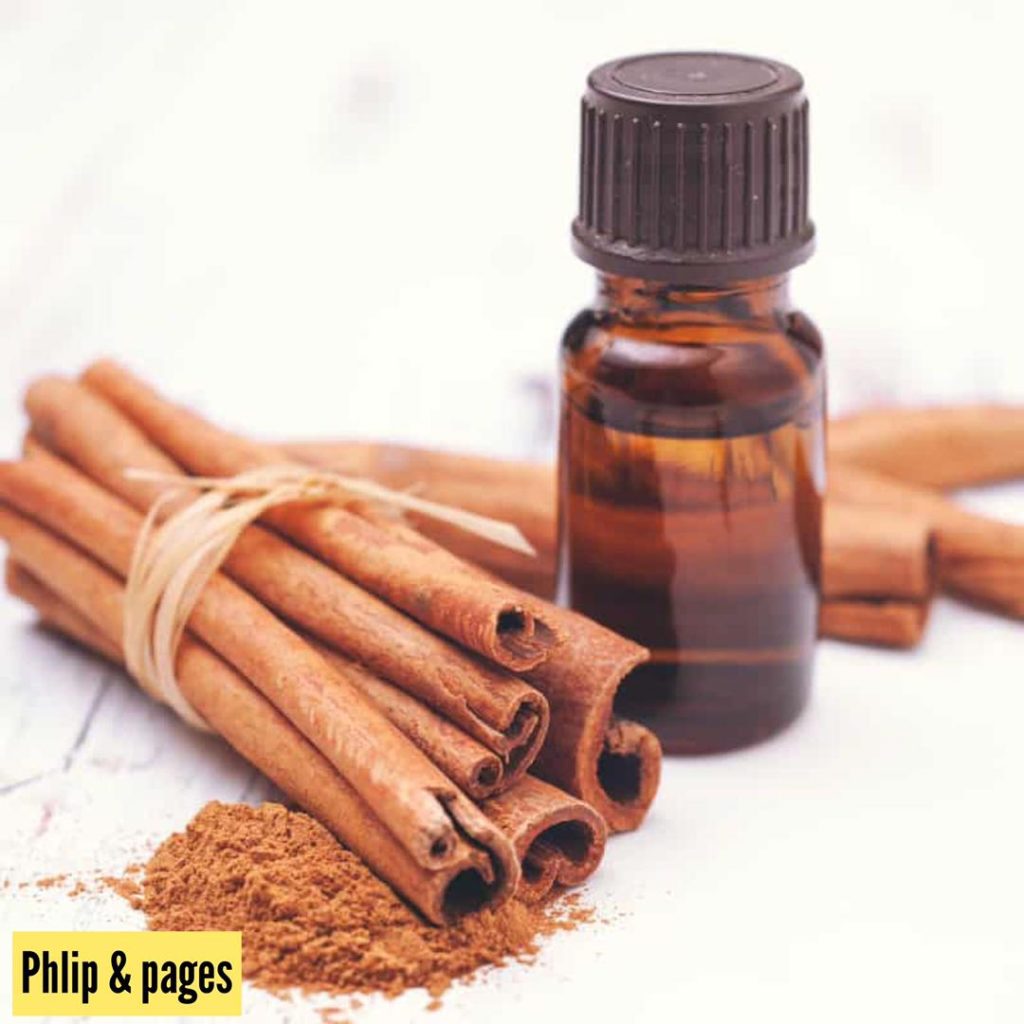
Strong aromas are a characteristic of essential oils. This is especially accurate for cinnamon and peppermint essential oils. They are not only strong, but snakes also despise them. Since snakes have keen senses of smell, the fragrances of peppermint and cinnamon are frequently overpowering to them.
Don’t use essential oils to plants or other vegetation, please. The oils are potent and can frequently be used alone to destroy the plants. Apply essential oils sparingly and reapply every few days just to synthetic things. Reapply if it rains as soon as the surfaces are completely dry.
7.Epsom Salts
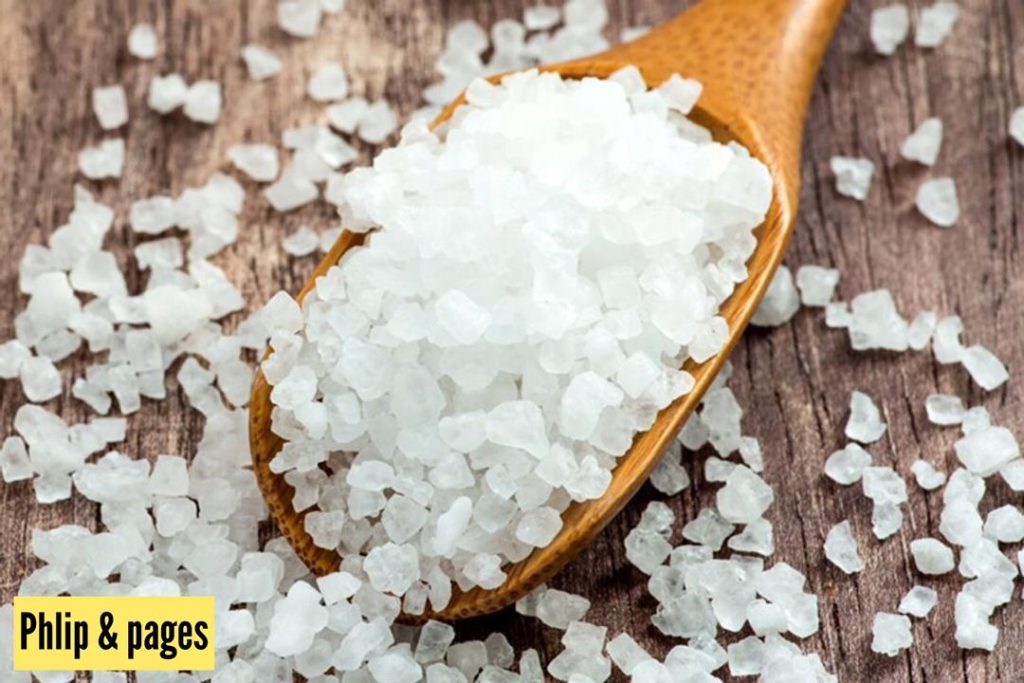
Strong aromas are a characteristic of essential oils. This is especially accurate for cinnamon and peppermint essential oils. They are not only strong, but snakes also despise them. Since snakes have keen senses of smell, the fragrances of peppermint and cinnamon are frequently overpowering to them.
Don’t use essential oils to plants or other vegetation, please. The oils are potent and can frequently be used alone to destroy the plants. Apply essential oils sparingly and reapply every few days just to synthetic things. Reapply if it rains as soon as the surfaces are completely dry.
In Conclusion
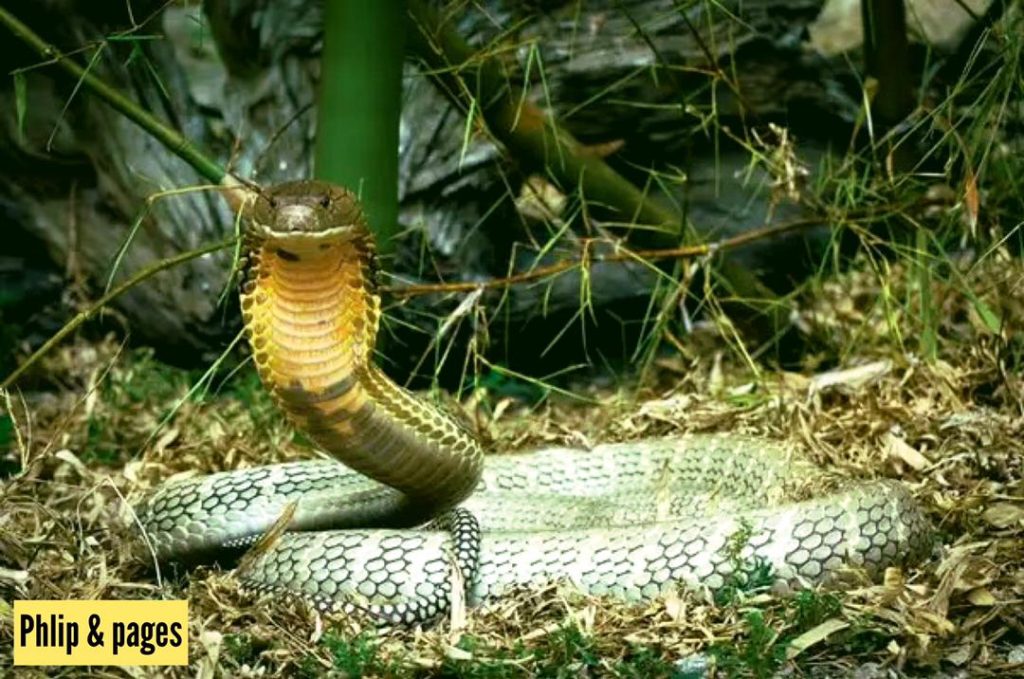
Diesel gasoline works well for driving and powering generators, but it’s not the best snake deterrent. The items mentioned above are the best snake deterrents. They are much more likely to deter snakes while posing less of a threat to the environment and producing toxic smells that only annoy humans.
The most effective snake repellents, as you can see from the aforementioned samples, frequently have strong, citrus-like scents or ultrasonic sound waves. Unnatural surfaces and the mother-in-law’s tongue’s aesthetic effect are also repulsive to snakes. A natural defense can at times be the best offense.


